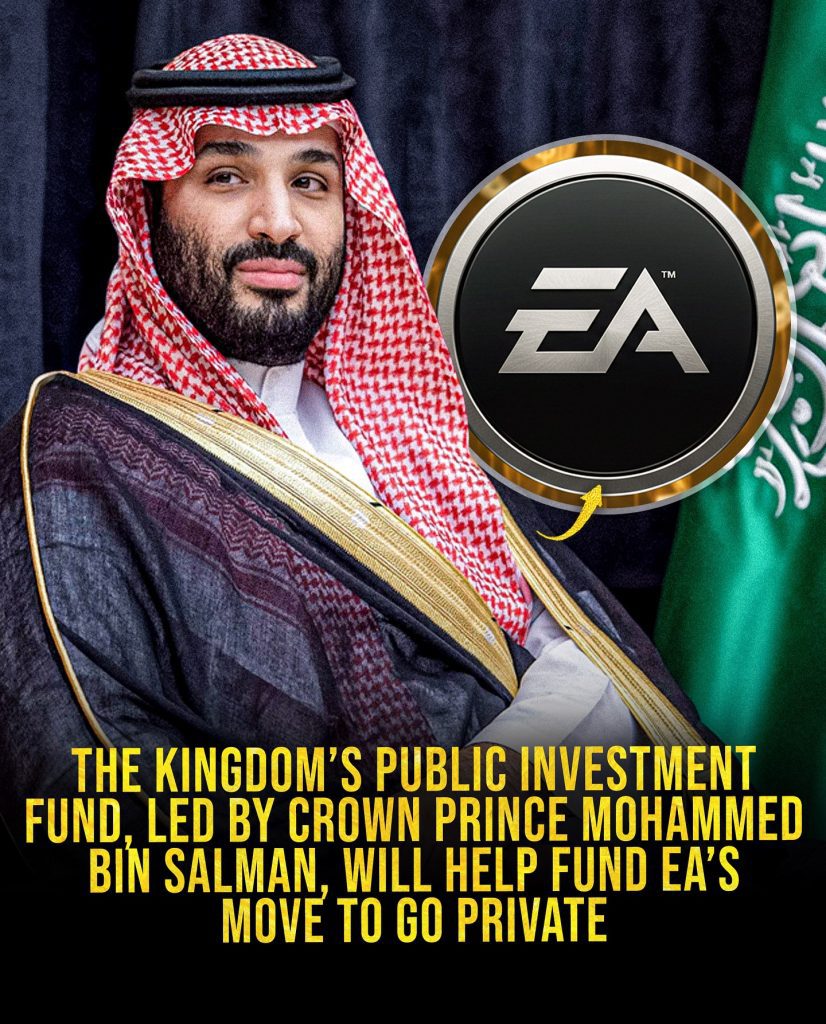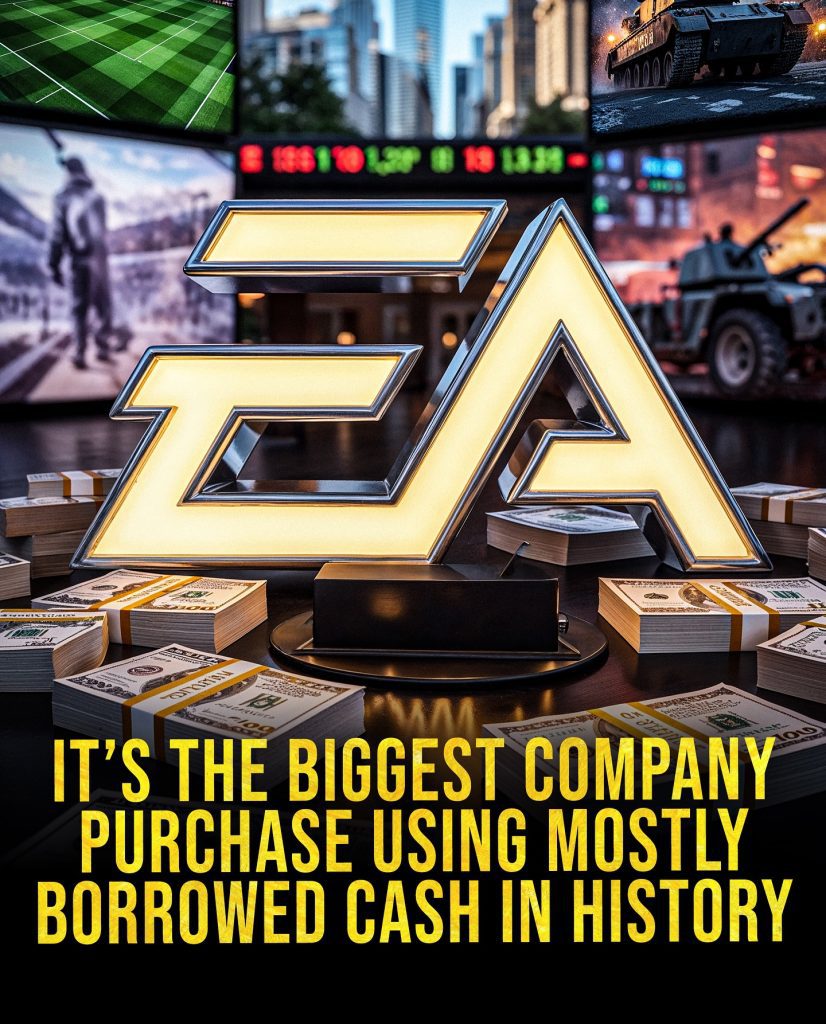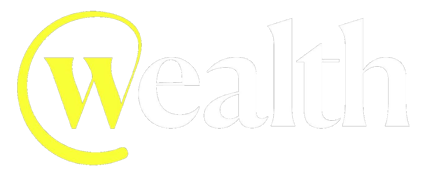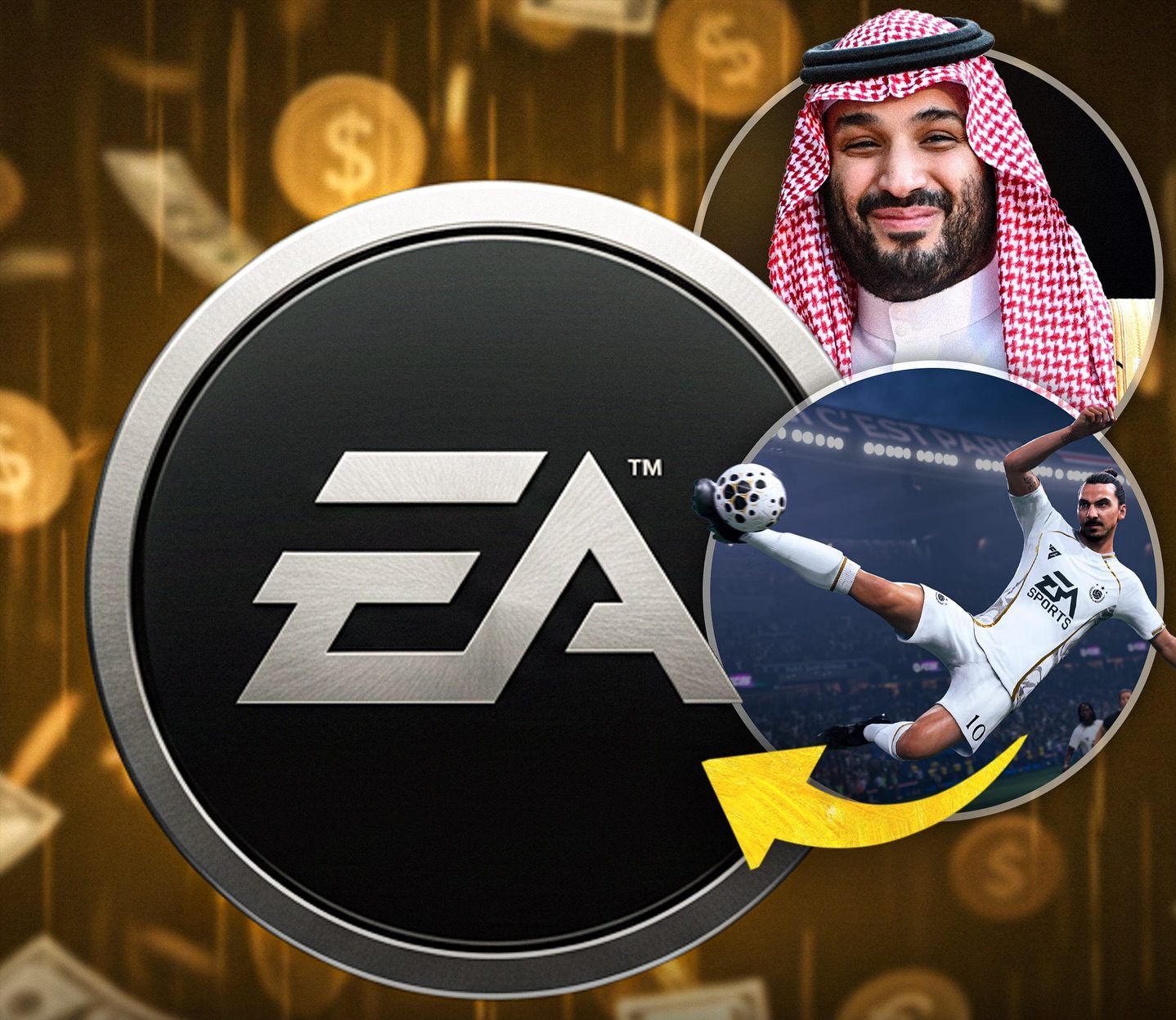Electronic Arts Is Going Private in a Record $55 Billion Saudi-Backed Buyout, Marking the Largest Leveraged Purchase in History
Electronic Arts, one of the most recognized names in video games, is about to disappear from Wall Street. The publisher behind franchises like FIFA, Madden, and Battlefield has agreed to be taken private in a deal worth about $55 billion, backed by Saudi Arabia’s Public Investment Fund along with private equity giants Silver Lake and Affinity Partners. The price values EA at $210 per share, which is roughly a 25% premium over its last closing price, signaling just how much confidence the investors have in the company’s future. If this deal clears all shareholder and regulatory approvals, it will officially become the largest leveraged buyout in history, surpassing the $45 billion TXU Energy takeover from 2007.
The numbers alone are staggering, but the ripple effects of this move reach far beyond finance. For decades, EA has been a public company tied closely to Wall Street expectations. Every quarter, analysts poured over earnings calls, and every franchise release was scrutinized not just for its creativity, but for its ability to meet investor expectations. That constant pressure sometimes defined how the company operated, with critics often accusing EA of prioritizing revenue models like microtransactions over player experience. Now, by going private, EA’s leadership is betting that they will have the freedom to think longer term, to experiment, and to push creative boundaries without being tied to quarterly reports.

The decision also highlights the growing global interest in gaming as an industry. The involvement of Saudi Arabia’s Public Investment Fund, led by Crown Prince Mohammed bin Salman, reflects the Kingdom’s strategy to diversify beyond oil and invest heavily in entertainment and technology. The PIF has already put billions into gaming through stakes in companies like Activision Blizzard, Capcom, and Nintendo, but the EA deal marks its boldest step yet. Backing a leveraged buyout of this size is not just about ownership; it’s about signaling a vision for the future of interactive entertainment as a cornerstone of global culture.
For gamers, the news feels surreal. EA has been part of households for decades, from tense FIFA matches with friends to epic campaigns in Battlefield or story-driven moments in Mass Effect. Seeing the company leave the stock market raises questions about what comes next. Will going private mean a renewed focus on delivering better games, free from Wall Street’s constant watch? Or will the new ownership structure bring in an even stronger focus on profitability through other models? Those questions don’t have clear answers yet, but what’s certain is that this is one of the most dramatic shifts the gaming industry has ever seen.

What makes the story even more striking is the historic scale of the buyout. Leveraged buyouts, or LBOs, involve acquiring companies using large amounts of borrowed money, and they’ve always carried a mix of risk and reward. The EA deal, topping $55 billion, is larger than any before it, showing just how much confidence investors have in gaming as a sector. To put it in perspective, it eclipses some of the most famous deals in financial history and sets a new bar for what’s possible in entertainment acquisitions.
There’s still a road ahead. Deals of this size don’t just flip overnight; they face regulatory scrutiny, global market checks, and the all-important shareholder vote. But if all goes through as expected, EA will officially delist and begin a new chapter as a private company, backed by some of the most powerful investors in the world. For the gaming community, this moment feels like history unfolding in real time. The company that built generations of digital experiences is stepping into uncharted waters, and everyone is watching to see what it means for the future of video games.

